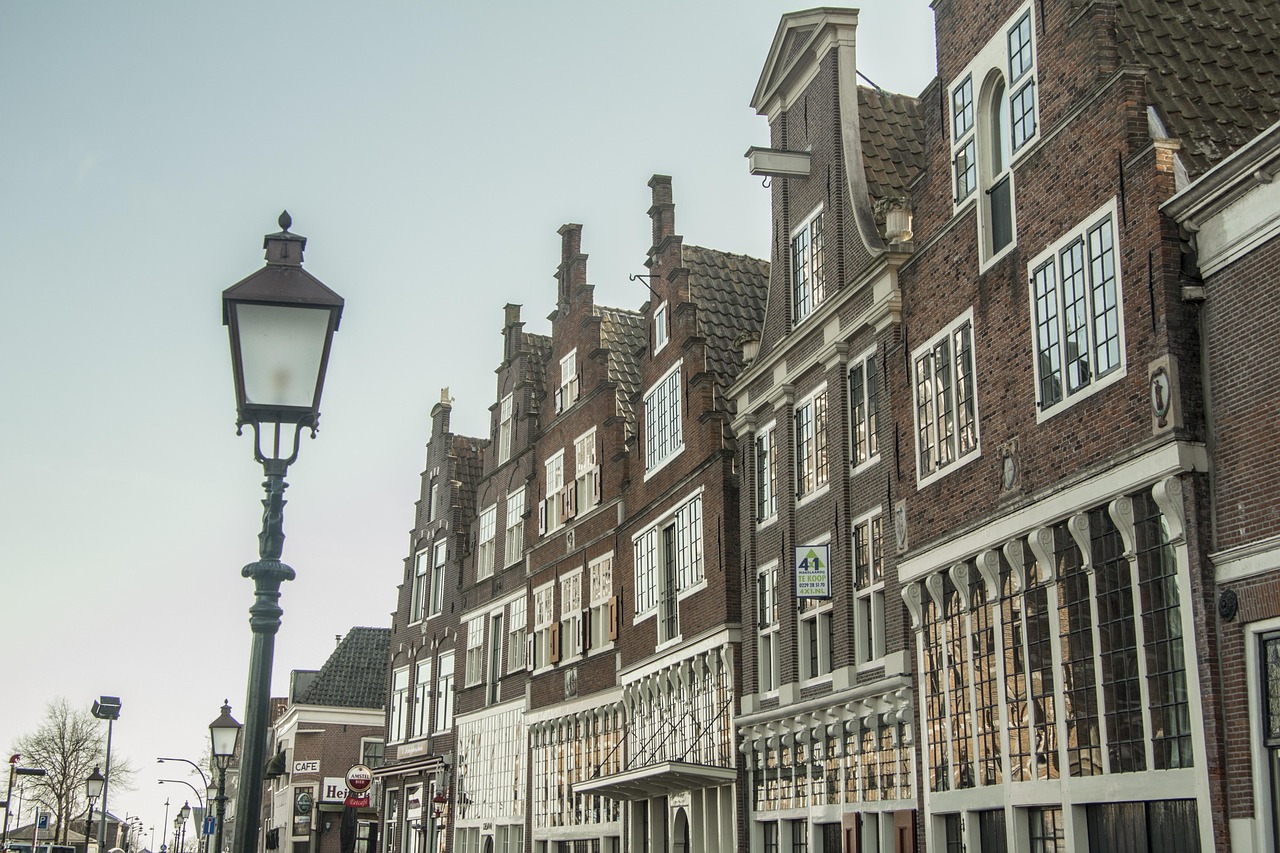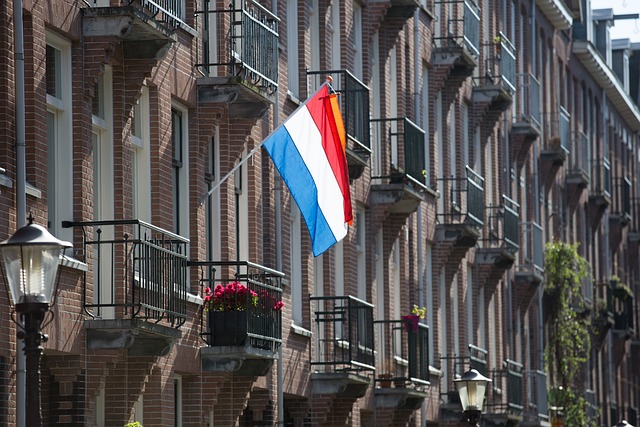Dutch Work Culture: What to Expect

The Netherlands is known for its high quality of life, progressive policies, and efficient work culture. Dutch work culture is characterized by a strong emphasis on work-life balance, open communication, and a flat organizational structure. Whether you’re considering working in the Netherlands or collaborating with Dutch colleagues, understanding the nuances of their work culture is essential. This article provides a detailed overview of what to expect in Dutch work culture, from workplace etiquette to management styles and beyond.
1. Work-Life Balance: A Top Priority
One of the most defining features of Dutch work culture is the emphasis on work-life balance. The Dutch value their personal time and prioritize family, hobbies, and leisure activities.
Key Features
- Standard Workweek: The standard workweek in the Netherlands is 36 to 40 hours, typically spread over 4 or 5 days.
- Part-Time Work: Part-time work is common and widely accepted, even in senior positions. Both men and women often work part-time to balance professional and personal responsibilities.
- Vacation Time: Employees are entitled to at least 20 days of paid vacation per year, with many companies offering more.
Tips for Professionals
- Respect your colleagues’ personal time and avoid contacting them outside of work hours unless absolutely necessary.
- Take advantage of flexible work arrangements if offered, such as remote work or flexible hours.
2. Direct Communication: Honesty and Transparency
The Dutch are known for their direct and straightforward communication style. They value honesty and transparency, and they expect the same from others.
Key Features
- Open Feedback: Constructive criticism is given openly and is not considered rude. Similarly, employees are encouraged to voice their opinions and concerns.
- No Hierarchical Barriers: Communication is often informal, even with superiors. Titles are rarely used, and first names are common in the workplace.
Tips for Professionals
- Be honest and direct in your communication, but always remain respectful.
- Don’t be afraid to speak up in meetings or share your ideas, as open dialogue is encouraged.
3. Flat Organizational Structure: Equality and Collaboration
Dutch companies typically have a flat organizational structure, with minimal hierarchy and a focus on teamwork and collaboration.
Key Features
- Team-Oriented: Decision-making is often a collaborative process, with input from various team members.
- Accessible Managers: Managers are approachable and often work alongside their teams. The distance between employees and management is minimal.
Tips for Professionals
- Embrace a collaborative mindset and be willing to work closely with colleagues at all levels.
- Show initiative and take responsibility for your work, as individual contributions are valued.
4. Punctuality: Time is Valued
Punctuality is highly valued in Dutch work culture. Being on time is seen as a sign of respect and professionalism.
Key Features
- Meetings and Deadlines: Meetings start and end on time, and deadlines are taken seriously.
- Planning and Scheduling: The Dutch are known for their excellent planning and organizational skills. Schedules are often made well in advance.
Tips for Professionals
- Always arrive on time for meetings and appointments. If you anticipate being late, inform your colleagues as soon as possible.
- Plan your work and meetings carefully, and stick to agreed-upon schedules.
5. Work Environment: Informal and Inclusive
The Dutch work environment is generally informal and inclusive, with a focus on creating a comfortable and supportive atmosphere.
Key Features
- Casual Dress Code: Many Dutch companies have a casual dress code, especially in creative and tech industries. However, more formal attire may be required in certain sectors like finance or law.
- Inclusivity: The Netherlands is known for its progressive policies on diversity and inclusion. Companies often have initiatives to promote equality and support underrepresented groups.
Tips for Professionals
- Adapt to the dress code of your workplace, but when in doubt, opt for business casual.
- Embrace the inclusive culture and be respectful of diverse perspectives and backgrounds.
6. Focus on Efficiency and Productivity
The Dutch are known for their efficiency and productivity. They value getting things done effectively and without unnecessary delays.
Key Features
- Results-Oriented: The focus is on achieving results rather than putting in long hours. Quality and efficiency are prioritized over quantity.
- Minimal Bureaucracy: Decision-making processes are often streamlined, with minimal bureaucracy.
Tips for Professionals
- Focus on delivering high-quality work efficiently. Avoid unnecessary delays and be proactive in solving problems.
- Be prepared for fast-paced decision-making and adapt quickly to changes.
7. Emphasis on Professional Development
Continuous learning and professional development are highly valued in Dutch work culture. Employers often invest in training and development programs for their employees.
Key Features
- Training Programs: Many companies offer training programs, workshops, and courses to help employees develop their skills.
- Career Growth: Opportunities for career advancement are often available, and employees are encouraged to take on new challenges.
Tips for Professionals
- Take advantage of training and development opportunities offered by your employer.
- Show initiative in seeking out new challenges and opportunities for growth.
8. Social Aspects: Building Relationships
While the Dutch are professional and efficient, they also value building relationships with colleagues. Social interactions and team-building activities are common.
Key Features
- Coffee Breaks: The Dutch love their coffee breaks (koffiepauze), which are a great opportunity to socialize with colleagues.
- Team Outings: Companies often organize team outings, lunches, and after-work drinks to foster camaraderie.
Tips for Professionals
- Participate in social activities and team-building events to build strong relationships with your colleagues.
- Use coffee breaks and informal gatherings as opportunities to connect with others.
9. Work Benefits: Comprehensive and Generous
Dutch employees enjoy a range of work benefits that contribute to their overall well-being and job satisfaction.
Key Features
- Health Insurance: Employers often provide health insurance or contribute to its cost.
- Pension Plans: Many companies offer pension plans as part of their benefits package.
- Parental Leave: The Netherlands has generous parental leave policies, including paid maternity and paternity leave.
Tips for Professionals
- Familiarize yourself with the benefits offered by your employer and make the most of them.
- Understand your rights and entitlements, such as vacation days and parental leave.
10. Sustainability and Corporate Social Responsibility
Sustainability and corporate social responsibility (CSR) are increasingly important in Dutch work culture. Many companies are committed to reducing their environmental impact and contributing to social causes.
Key Features
- Green Initiatives: Companies often implement green initiatives, such as reducing waste, using renewable energy, and promoting sustainable practices.
- Community Engagement: Many organizations are involved in community projects and charitable activities.
Tips for Professionals
- Support your company’s sustainability and CSR initiatives, and look for ways to contribute.
- Be mindful of your environmental impact and adopt sustainable practices in your work.




